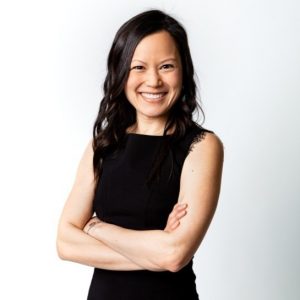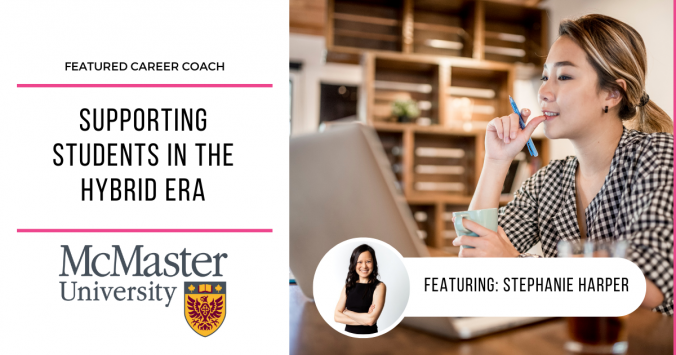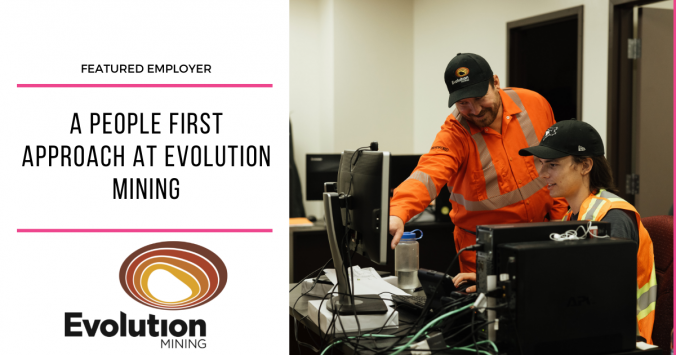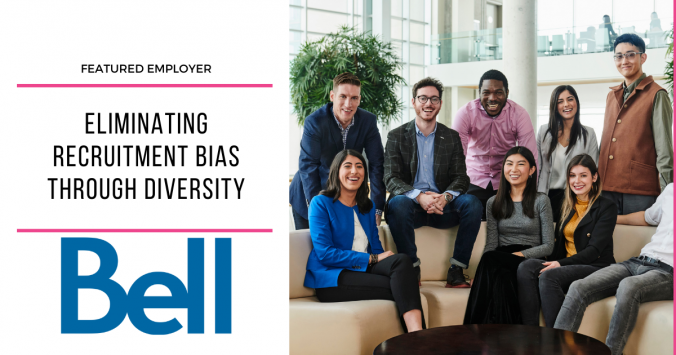Opportunities to help students prepare for the school-to-work transition are essential for personal development and career growth. As an Associate Director, Engineering Co-op & Career Services at McMaster University, Stephanie Harper is committed to utilizing her resources to support and provide students with enticing opportunities to navigate their career paths confidently.
We recently interviewed Stephanie to learn more about her work with students and soon-to-be-grads in this hybrid era!
 Q. Tell us a bit about yourself!
Q. Tell us a bit about yourself!
A. I lead an exceptional team of career/talent development and student engagement professionals in the Faculty of Engineering at McMaster University. My role involves delivering a growth strategy that supports engineering students in building their experiences, advancing their skills and achieving career success through robust career development programming and various curricular and co-curricular experiences.
With a track record of delivering efficiencies and leading teams to achieve change, my career includes 15+ years of experience in talent development, recruitment, training, career education and program management for large, multifaceted organizations. I have led small and large teams, new initiatives, program expansions and organization-wide projects that have helped support and connect the career development needs of post-secondary students with the evolving world of work.
Q. Why did you decide to go into Career Education/Coaching?
A. I never pictured this as my career path. Truthfully, I never even realized this was a career path until I found myself in it! I chose to pursue this as a career, and I continue to love what I do because of the meaningful impact I get to have on students during a critical time in their early professional lives. My job is to help students build experience, discover their talents, realize their potential, make industry connections and successfully navigate the world of work. It’s a pretty cool and rewarding job.
Strategies to Support Students in the Hybrid Era
Q. What do you think employers can be doing to best support students and new grads in hatching their careers in the age of digital recruitment and hybrid work?
A. Find ways to make meaningful connections (in real life) with students before and during the recruitment process. It can be more challenging in a digital/hybrid world for students to get a real sense of the workplace and feel a sense of connection, community and belonging once they’ve joined your team. Also, remember that the transition from school to the work world can be intimidating and overwhelming for students and recent grads, especially when most of their interactions with you are behind a screen. Having empathy and delivering kindness can go a long way.
Q. How do you help students in making their school-to-work transition? What new services or strategies have you employed to support students in a hybrid environment?
A. I believe the school-to-work transition is a practice that starts long before a student graduates. I often encourage and coach students to involve themselves in various opportunities where they can meet people, find mentors, build experience and develop their skills. The notion of “relevant experience” is misleading at times. Hence, I encourage students to worry less about what’s perceived as “relevant” and more about opportunities where they can learn and develop themselves as people.
Transferable skills and experience exist even in the most obscure opportunities. At the core of all of this is the practice of building relationships and keeping your head up because opportunities will pass by you frequently. If you’re too focused on the end goal or an “ideal” state, sometimes you miss out on things that can add real value to your development along the way. In a hybrid environment, it can be easier to access different opportunities but harder to build relationships. I encourage students to find a balance between virtual and in-person opportunities and leverage their strengths.
Some of us are more comfortable (and effective) in a virtual environment, and others are more comfortable (and effective) in person. Find a good balance for yourself, and step out of your comfort zone now and then!
Additional Advice and Insights
Q. What do you think is the best way for employers to connect with and attract top students right now?
A. Dedicate intentional time and energy to understanding your talent strategy and your organization’s value proposition. Be clear about your definition of “top students” because this will dictate your engagement strategy. Some best ways to connect with students are through student clubs/groups/associations, at student conferences/competitions and by leveraging your connections with faculty and staff at post-secondary institutions!
Q. What’s your best advice for fellow Career Educators?
A. Find a good balance between listening and advising/educating. Frequently the thing students remember most is that we listened to them, showed genuine interest and care in supporting them, and encouraged them. You won’t have every answer for every student; your role is to provide guidance and support, not answers.
Q. What is your best advice for students looking to start their careers in this current environment?
A. Build relationships as much as possible, say “yes” now and then to things that push you out of your comfort zone, and give back to others when you are in a position to do so.
Stephanie Harper is an Associate Director for Engineering Co-op & Career Services at McMaster University who has 20 years of experience in career coaching. She is passionate about leading small and large teams, new initiatives, program expansions and organization-wide projects that have helped support and connect post-secondary students’ career development needs with the evolving work world.
Connect with Stephanie on LinkedIn at https://www.linkedin.com/in/stephharper/ and visit https://www.eng.mcmaster.ca/ to learn more about McMaster University and how their Engineering Co-op program remains one of the most successful programs in the country.




